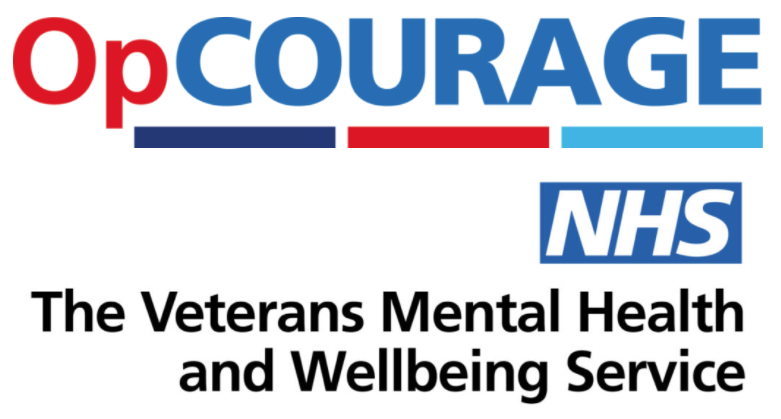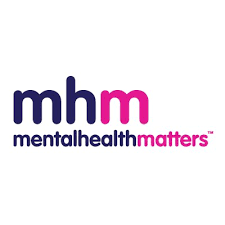Unlocking the Power of Emotional Regulation for Better Mental Health
Emotional Regulation (ER) is a fundamental aspect of mental health therapy that many individuals may not be familiar with. As we navigate through our daily lives, our emotional wellbeing often takes a back seat to other priorities. In this blog post, we will introduce and explore the concept of Emotional Regulation, its importance in mental health therapy, and the ways individuals can benefit from practicing it.
What is Emotional Regulation?
Emotional Regulation refers to the process by which individuals manage and respond to their emotions. It involves the ability to understand and identify one’s feelings, while also implementing appropriate coping strategies to express and experience them in a healthy manner. ER is crucial for maintaining mental and emotional wellbeing, as it helps individuals navigate complex situations and maintain a sense of balance in their lives.
Why is Emotional Regulation important in mental health therapy?
ER is a vital component of mental health therapy for several reasons:
Improved decision-making: When emotions are regulated effectively, individuals are better equipped to make rational and informed decisions. By learning to separate feelings from facts, one can avoid making impulsive choices that could be detrimental to their wellbeing or relationships.
Enhanced communication: Emotional Regulation enables individuals to express their feelings clearly and assertively. This leads to improved communication with others, fostering stronger interpersonal relationships and increased understanding.
Better stress management: Practicing ER allows individuals to manage stress more effectively. By acknowledging and processing emotions, one can prevent feelings from becoming overwhelming or causing distress.
Greater resilience: Developing Emotional Regulation skills enables individuals to bounce back from setbacks more easily. By understanding and coping with emotions, one can face challenges and adversity with greater resilience and a more positive mindset.
Reduced risk of mental health disorders: Effective ER helps prevent the development of, or exacerbate existing, mental health disorders such as anxiety and depression. By understanding and managing emotions, individuals can maintain better mental health and overall wellbeing.
How can individuals develop and improve their Emotional Regulation skills?
Self-awareness: The first step to improving Emotional Regulation is developing self-awareness. By paying attention to one’s thoughts and feelings, individuals can identify the triggers that cause emotional imbalances and learn to manage them more effectively.
Emotional expression: Developing healthy ways to express emotions is essential for Emotional Regulation. Some methods include journaling, creative pursuits, or talking with trusted friends and family members.
Self-soothing techniques: Learning to calm oneself during times of emotional distress is crucial for maintaining balance. Strategies such as deep breathing, meditation, and progressive muscle relaxation can help individuals regain composure and control their emotions.
Cognitive reappraisal: Changing one’s thought patterns and perspectives can positively impact emotions. By reframing negative thoughts into more balanced and positive ones, individuals can regulate their emotional responses and improve their mental health.
Professional support: Seeking guidance from a mental health professional can greatly benefit individuals looking to develop their ER skills. Therapists can provide valuable tools and personalised strategies for managing emotions and maintaining overall wellbeing.
In conclusion, Emotional Regulation is a key element of mental health therapy that can help individuals improve their emotional and psychological wellbeing. By learning to understand, manage, and express emotions effectively, individuals can enjoy a more balanced and fulfilling life. If you’re interested in developing your ER skills, consider seeking professional support from a therapist or counselor to guide you on your journey towards better mental health.


 %nbsp;
%nbsp;  %nbsp;
%nbsp;  %nbsp;
%nbsp;  %nbsp;
%nbsp;  %nbsp;
%nbsp;  %nbsp;
%nbsp;  %nbsp;
%nbsp;  %nbsp;
%nbsp; 
Add Comment